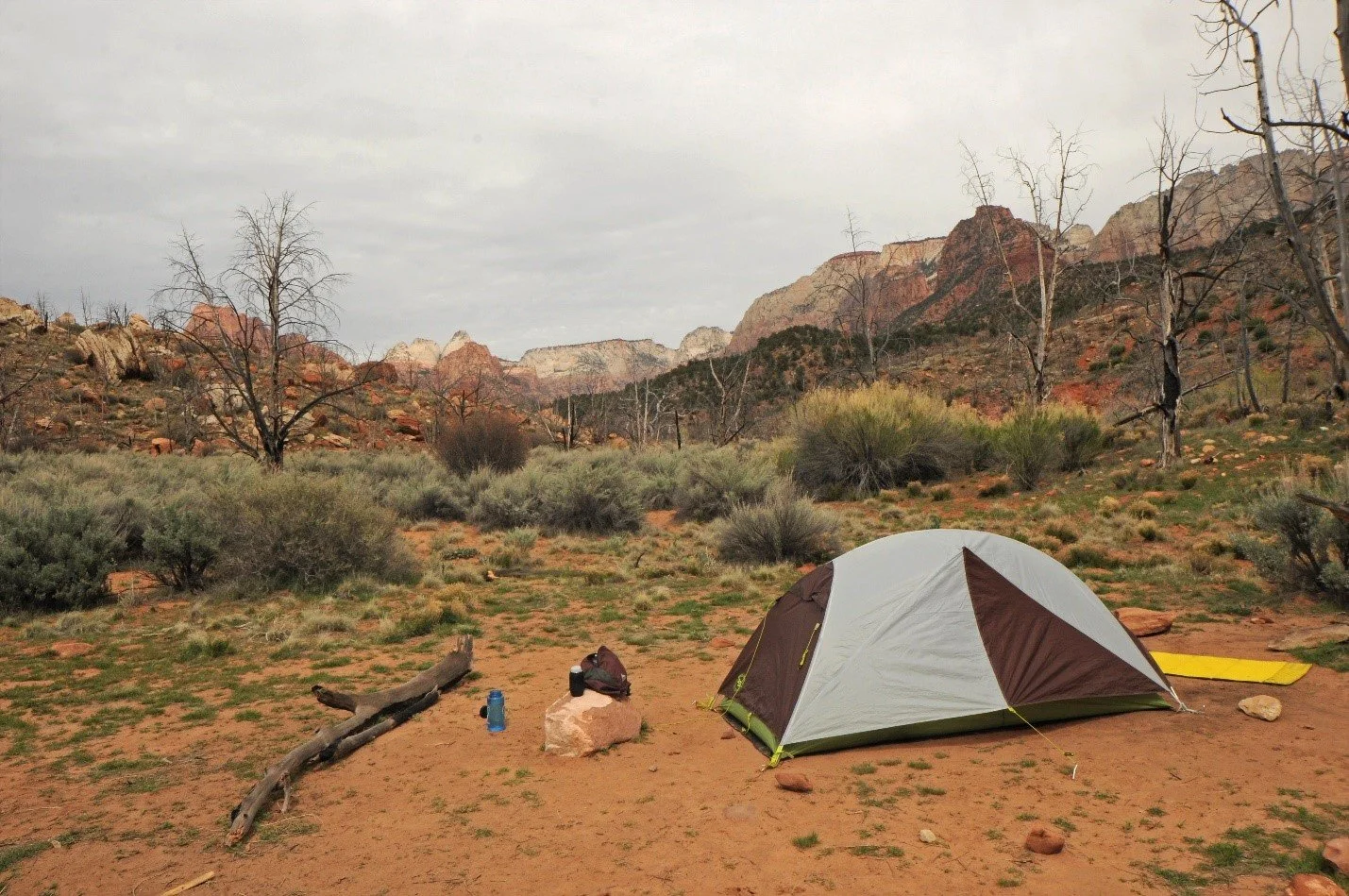Zion National Park, renowned for its breathtaking landscapes and unique geological formations, has recently announced substantial fee increases slated for 2024. While the park administration argues that these changes are necessary to sustain essential services and protect the environment, there is a growing concern among visitors and enthusiasts about whether Zion has gone too far in imposing financial burdens on those seeking to connect with nature.
Fee Hikes and Online Reservation System:
The fee adjustments primarily target Wilderness Recreation Permits, with a shift to Recreation.gov for permit applications. Day Use permits, covering activities such as canyoneering and day hikes, will incur a fee hike from $5 to $6 per application. The increase also extends to group day-use permits, transitioning from a tiered structure to a flat fee of $10 per person per day in 2024 (a decrease in price).
Overnight Use permits will experience a significant spike, with advance reservations jumping from $5 to $20 and walk-up permits now costing $20 per booking. Group fees will see an increase from $15-$25 to $7 per person.
[gallery ids="350,351,352"]
Impact on Visitors:
The fee hikes come at a time when visitation to Zion National Park is at an all-time high, reaching over 5 million visitors in 2021. Critics argue that the increased financial burden on visitors may deter some from experiencing the park's wonders, especially as the cost of outdoor recreation continues to rise.
Historical Context and Public Feedback:
While the park administration claims to have taken public comments into account during the decision-making process, the question remains whether the fee increases align with the park's mission of making nature accessible to all. The last fee adjustments were made in 2015 and 2016 for campgrounds and Wilderness Permits, respectively, and the sudden hike in 2024 raises eyebrows.
Is it Justified?
The park justifies the fee increases by citing the need to address the strains on facilities caused by the surge in visitation. Funds generated from the higher fees are earmarked for critical maintenance services and planned improvements in the South Entrance Area, including South Campground.
However, critics argue that while these concerns are valid, imposing the financial burden squarely on visitors may not be the most equitable solution. They question whether there are alternative funding models or partnerships that could be explored to alleviate the strain on the park's resources without placing the entire financial responsibility on the shoulders of visitors.
[embed]https://www.instagram.com/p/p:CzYzx8AL6Cr[/embed]
As Zion National Park moves forward with its 2024 fee increases, the overarching question remains: Is this a necessary step for the park's sustainability and conservation efforts, or has Zion crossed a line by placing a potentially prohibitive financial barrier between nature enthusiasts and one of America's most cherished national parks? The ongoing debate underscores the delicate balance between preserving natural wonders and ensuring accessibility for all, a balance that Zion will need to navigate carefully in the coming years.

